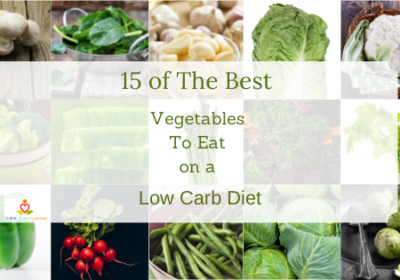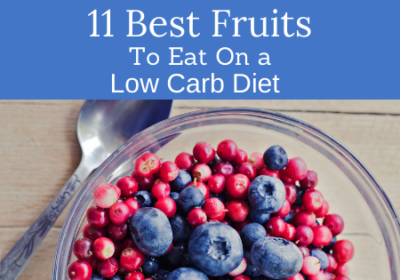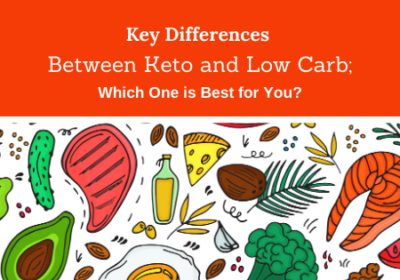
“Did I just repeat myself?, Why did I walk into this room? Where are my keys?”
This is happening a lot more to me as I get older. How about you? I am on a quest not to let my age get in the way of anything that I want to do, and a failing memory is one of those things.
I know that playing memory games, doing crosswords and exercise is good for my memory, but what else can I do?
When trying to solve any health problem the first place I turn to is food.
Here are Five Types of foods that have helped me improve my memory and can help your too.
Turmeric
Nature has a great way of showing us what’s good for us through it’s color. Turmeric is no exception with it’s golden hue.

If you like Indian food you may already be consuming it in curry recipes and gaining it’s brain benefits.
It’s benefits are due to it’s abundance of a compound called curcumin which has both antioxidant and anti-inflammatory properties.
A 2018 study revealed that participants who took curcumin twice a day had improved memory and attention.
Curcumin’s super power is linked to its ability to reduce brain inflammation.
Inflammation has been linked to both Alzheimer’s disease and major depression.
Think about adding this spice to your favorite foods to help improve your memory and concentration. Or if you don’t like the taste try it in supplemental form.
PROVEN STRATEGIES for GAINING MORE ENERGY THROUGHOUT THE DAY
Coffee, Coffee, Coffee

Whether you drink coffee for the caffeine energy boost, or the taste (shout out to all of you decaf lovers) you and your brain will reap the benefits from it’s antioxidant properties by drinking either one.
Antioxidants fight the free radicals that attack brain cells that result in memory loss.
For you caffeine lovers out there, many studies have shown a correlation between caffeine and enhanced memory.
Don’t you love it when your favorite foods or drinks are linked to health benefits?
You can thank caffeine’s ability to block adenosine which is a signaling molecule in your body. Adenosine is responsible for stopping the function of norepinephrine – a hormone that has been shown to have positive effects on memory.
Some more good news for those of you who drink a lot of coffee. Studies have shown that drinking between three and five cups of coffee per day may reduce the risk of brain diseases such as Alzheimer’s and Parkinson’s.
I don’t however recommend significantly upping your coffee intake in order to reduce the risk of brain diseases unless endorsed by your doctor.
Fish High In Omega 3-Fatty Acids

Did you know that approximately 60% of of your brain is made of fat and about half of that are Omega-3 fatty acids? These acids are essential, meaning that your body can’t make them and you need to get them from outside sources.
Omega-3’s are needed by your brain to build new brain and nerve cells, which are needed for memory.
Many epidemiological studies have reported that reduced levels of omega-3 fatty acids or fish consumption is associated with an increased risk of Alzheimer’s Disease.
Alzheimer’s Disease is something we all should be concerned about, whether it’s about our own health or those of our loved ones.
Try these yummy foods to improve your memory and concentration
Salmon
You’ve probably heard that salmon is considered one of the best brain foods. This is due to it’s high levels of Omega 3 Fatty Acids.
It’s always preferable to eat wild caught salmon. Farmed raised may contain heavy metals that are damaging to not only your brain, but to your whole body.
Mackerel
Although not as popular as salmon, mackerel is another fish high in Omega-3 Fatty acids that help with memory.
It has even more Omega-3 Fatty acids per serving than salmon.
Trout
Rainbow Trout just sounds healthy doesn’t it? You may have also heard of it referred to as Steelhead trout.
According to Montery Bay Aquarium Seafood Watch, steelhead trout is one of the healthiest types of seafood you can eat.
The amount of Omega-3 concentration may not be as high as other fish, but it’s low in contaminates like mercury, pesticides, dioxins and polychlroirinated biphenyls (PCB’s).
PROVEN STRATEGIES for GAINING MORE ENERGY THROUGHOUT THE DAY
Aw Nuts!
When was the last time you took a close look at a walnut? Walnuts look like little brains with their peaks and valleys.
It’s resemblance to a brain is another one of nature’s many hints about which foods are good for you.

Walnuts
Walnuts are high in alpha-linolenic acid, a type of Omega-3 fatty acid that is an essential fat which, meaning you have to get it from your diet.
Alpha-linolenic acid has shown to improve cognitive performance in adults, and prevent or enhance age related cognitive decline.
A 2015 study (partially funded by the CA Walnut Commission) published in the Journal of Nutrition, Health and Aging, suggests that eating a small amount of walnuts daily may help increase memory, concentration and cogitative speed.
The study showed “significant, positive associations between walnut consumption and cognitive functions among all adults, regardless of age, gender or ethnicity.”
Almonds & Hazelnuts

They are both extremity high in vitamin E which is an important antioxidant that protects cells from damage associated with oxidative stress.
The brain is highly susceptible to oxidative stress as we get older. This stress a major contributor to decline of neurons in the brain.
Beter cognative performance has been linked to high levels of Vitamin E levels in the blood.
Blueberries

Blueberries, strawberries, blackberries, raspberries, and goji berries are all high in antioxidants. But blueberries are believed to have the highest amount.
The rule of thumb is the darker the berry the higher the anti-oxidant content.
Antioxidants protect us from oxidative stress that increases as we get older and promotes the breakdown of neurons in our brains.
Oxidative stress and inflammation are major factors contributing to aging and the development of age-related neurodegenerative diseases such as Alzheimer’s disease (AD).
Blueberries can protect nerve cells against damage. Studies have also shown that blueberries prevent some loss of long-term memory and learning ability in middle-aged rats.
PROVEN STRATEGIES for GAINING MORE ENERGY THROUGHOUT THE DAY
Feed Your Brain

Getting older is better than the alternative, give that some thought. But we don’t have to accept that memory problems have to be a part of it.
Unfortunately, the trend of our society is to jump to prescriptions for every health related problem that we encounter. Instead try to solve your memory problems or prevent them from happening in the first place by making healthy choices.
Eat these foods that improve your memory and concentration. They are gifts from nature and you will reap their antioxidant, vitamin E and anti-inflammatory brain benefits.
Disclaimer:
Before starting any diet, you should speak to your doctor or other professional healthcare provider. This post is for informational purposes only and is not to be considered medical advice




